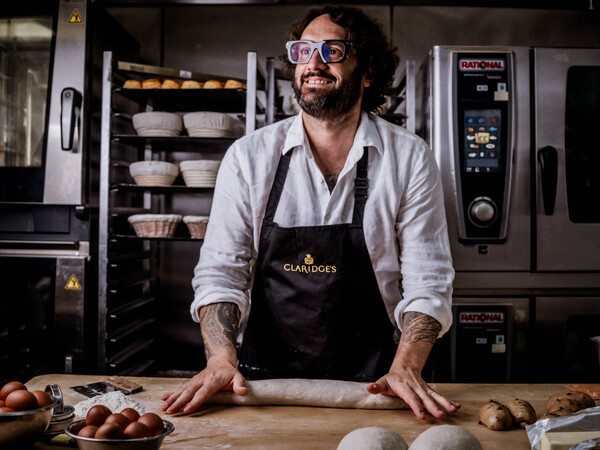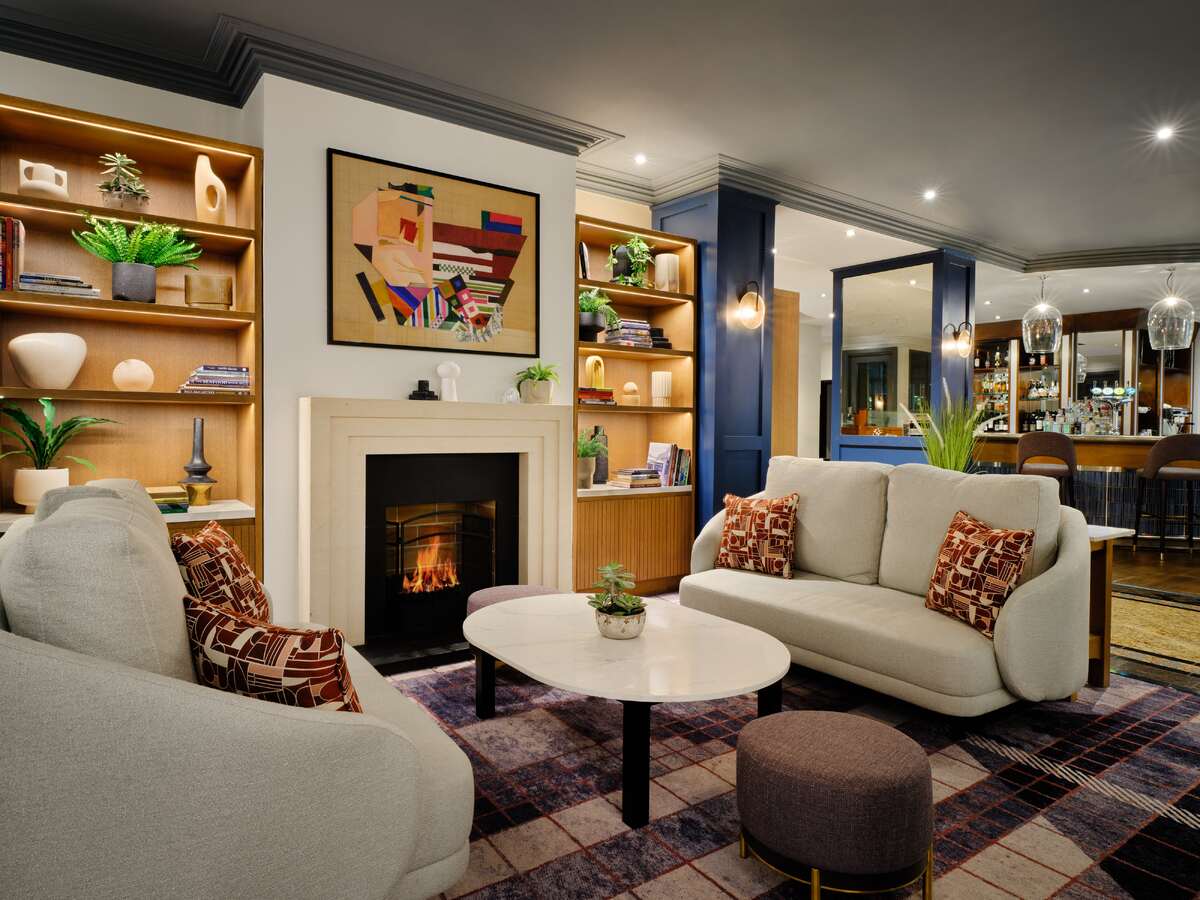Outdated quality standards are failing the diverse needs of today's hotel guest
The value of individuality and the guest experience is lost when hotels are unfairly judged on facilities and faculties, says Deborah Heather
For years, the quality standards used to benchmark providers in the hospitality industry haven't changed. These ‘common standards' are outmoded, with little or no adaptation made to the modern needs and wants of guests. Nor do they remain of significant use to the owners and managers who run the businesses, particularly when user-generated platforms provide numerous real-time reviews. Yet they should be the backbone of our industry, providing much needed security and transparency for guests.
The common standards were originally designed to be ‘physically prescriptive', creating an objective benchmark between businesses, based on facilities, furnishings and faculties. Historically they enabled guests to accurately develop expectations for their stay, but it is this very prescriptive nature makes them irrelevant in the modern hospitality industry. How can we grade and compare the experience of a boutique hotel with a large-scale international brand or a glamping pod without celebrating their uniqueness in some way?
In a market where we encourage differentiators and guests crave experiences, the common standards fail to embrace different practices and approaches to service.
They fail to benchmark great operators and fantastic products against equivalent operations in different segments of the industry. They are a one-size-fits-all assessment, applied to an industry that is intrinsically diverse. It stinks. We need a new assessment platform that throws out the historic rule book and instead celebrates variety, one that puts the customer journey front and centre and at the same time delivers expertise to the managers that the customer can't.
Potential guests make bookings on the basis of a number of assumptions. They assume their expectation of cleanliness will be met, that the business will do everything to assure their safety, and often that the subjective reviews they read online are in fact somehow objective and guaranteed.
Go online and, commonly, sub-par reviews are linked not to the actual quality of the offering but to a failure to meet expectations. When a guestâs expectations are at odds with the offering, it gives rise to dissatisfaction with the experience. Itâs about getting the right customers in the first place to get the right reviews.
There are two other failings of the current schemes that must be addressed. The first is the disparity between assessment and commerciality; we met with one hotel that had been forced to temporarily close its restaurant and redevelop its kitchen team because of the out-of-date food assessment scheme. The chefs craved rosettes at the expense of the wants of the guests. Second, the assessments are not delivered consistently in any way: they are not always delivered annually, and there are discrepancies between the levels attained. An objective
moderation facility is required to lend credibility to the assessments.
Deborah Heather is director of Quality in Tourism


















